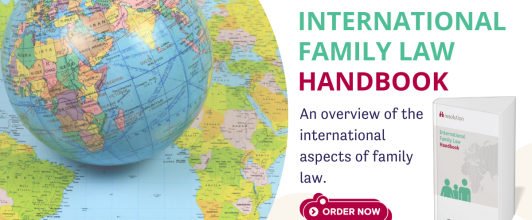Good Practice Guides, Guidance Notes and Handbooks
As part of Resolution's Code of Practice members are asked to use the Good Practice Guides as part of their day to day work. These represent Resolution's core values and are designed to offer knowledge and guidance to our members.




